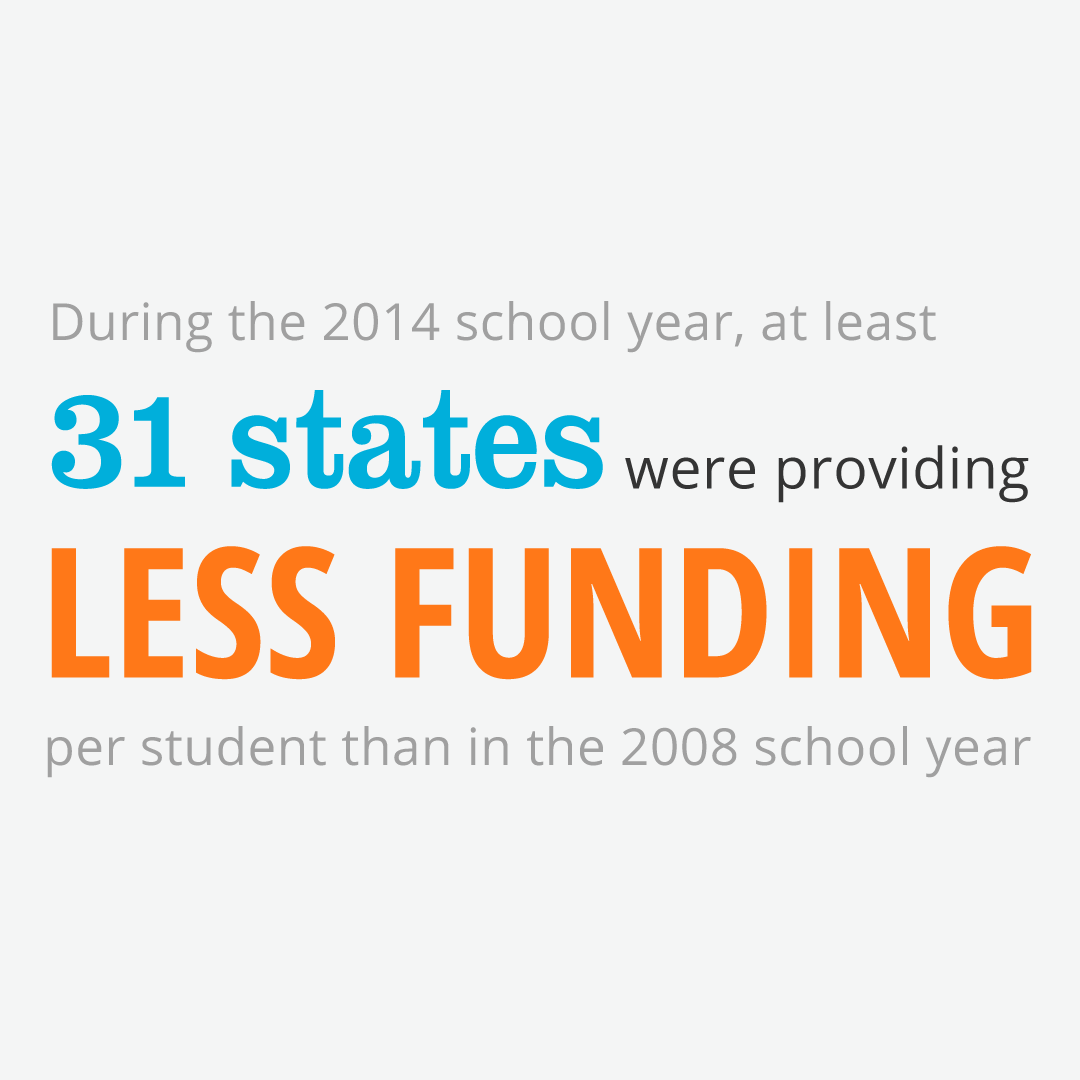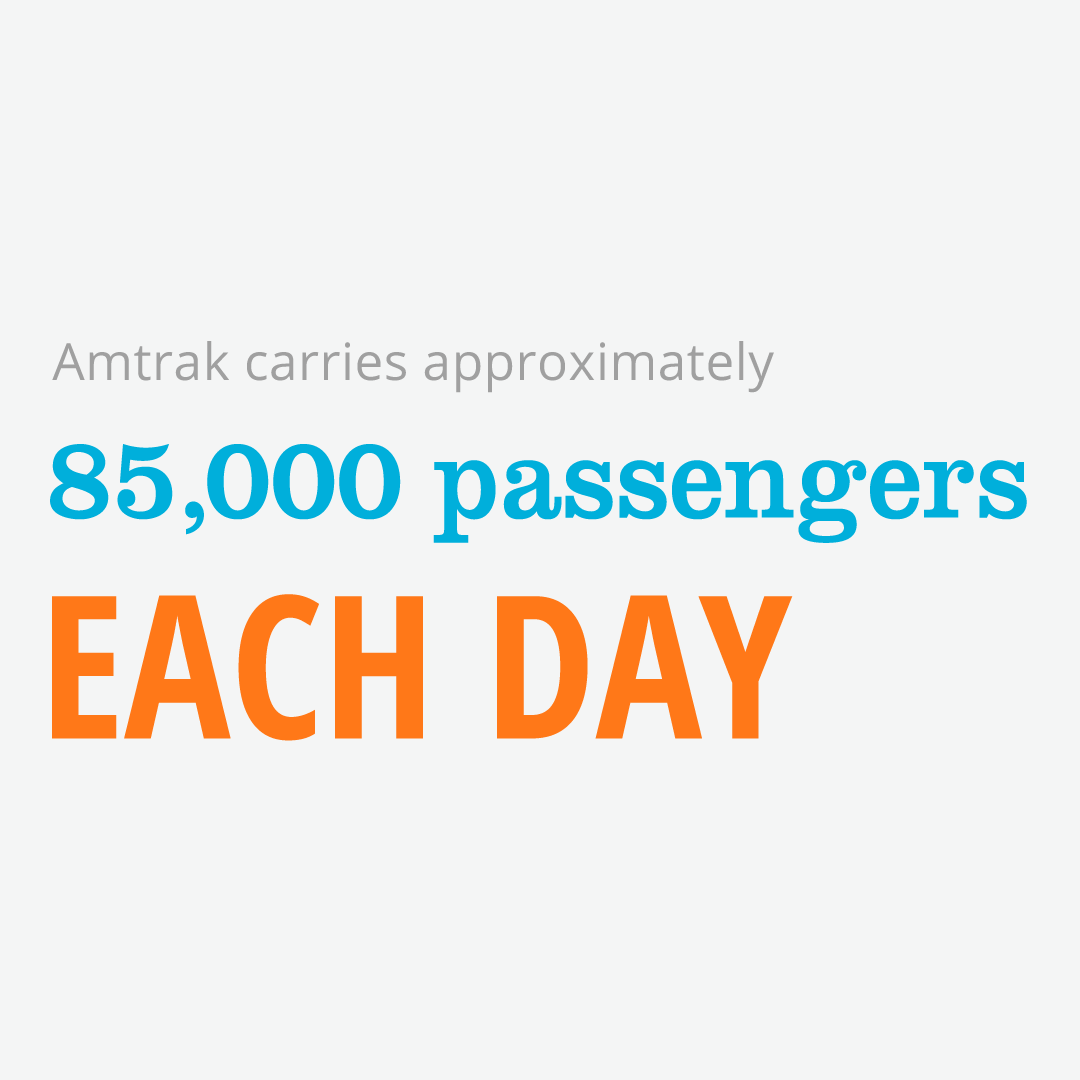This week, the Senate Environment & Public Works Committee has released a draft of their bipartisan WRDA 2020 bill, entitled America’s Water Infrastructure Act (AWIA) of 2020, which keeps Congress on track with the biennium WRDA reauthorization schedule. This bill authorizes $17 billion in infrastructure projects and reauthorizes the EPA’s Clean Water State Revolving Fund at increasing levels over the next three years. The Committee also released a draft of the Drinking Water Act of 2020, which includes $2.5 billion in federal authorizations and reauthorizes programs under the Safe Drinking Water Act (SDWA) to provide resources and technical assistance to communities to help meet their drinking needs. Consideration of both bills in the full Senate is unclear at this time, while the House Transportation and Infrastructure Committee is still developing their own WRDA bill.
Our nation’s water resources systems are crucial to our economy, public safety, and the preservation and enhancement of our environmental resources. Our levees, dams, inland waterways, and ports protect hundreds of communities, support millions of American jobs, and generate trillions of dollars of economic activity. However, many of these infrastructure assets have reached the end of their design life, and the investment gap must be closed if we hope to both repair and modernize our water resources systems to be competitive in the 21st century. Passage of WRDA legislation is an important step in securing investments for these critical infrastructure systems.
The America’s Water Infrastructure Act of 2020 and the Drinking Water Infrastructure Act of 2020 include many provisions that ASCE supports, including:
- Reauthorization of the Clean Water State Revolving Fund (CWSRF) program;
- Reauthorization of the EPA’s Water Infrastructure Finance & Innovation Act (WIFIA) program;
- Creation of a new Clean Water Infrastructure Resiliency and Sustainability grant program for wastewater treatment facilities to increase resilience against natural hazards, including through the use of natural and engineered green infrastructure;
- Creation of a new lead mapping pilot program for utilities that know, or are likely to have, at least 30% of service lines that contain lead;
- Creation of a new grant program for research on new and emerging stormwater control technology;
- Allocation of an additional $300 million a year in grants for the Drinking Water State Revolving Fund program to help remediate emerging contaminants such as PFAS; and
- Modernization of the cost-share change to the Inland Waterways Trust Fund (IWTF).
ASCE is pleased to see that this bill reauthorizes the CWSRF program for the first time in 30 years. Reauthorization of this successful program has been one of ASCE’s top legislative priorities; however, this proposed reauthorization is not nearly as robust as the $14 billion reauthorization included in H.R. 1497, the Water Quality Protection & Job Creation Act, which passed the House Committee on Transportation & Infrastructure last year and which ASCE supports.
ASCE also supports the many resilience and innovation programs that are created or reauthorized in these bills. As natural hazards become more frequent and severe, resilience measures and green infrastructure investments will save lives and dollars. In fact, the National Institute of Building Sciences (NIBS) found that mitigation funding can save the nation $6 in future disaster costs for every $1 spent on hazard mitigation. ASCE has been a key advocate for of the bipartisan H.R. 3779, the Resiliency Revolving Loan Program and S. 3418, the Safeguarding Tomorrow through Ongoing Risk Mitigation Act, as well as for ASCE codes and standards to be used to provide the framework for building a more resilient infrastructure. ASCE also supports the use of asset management plans, which involves creating a comprehensive infrastructure inventory as a way to improve efficiencies and shore up resilience.
ASCE supports amending the current IWTF cost-share for construction and rehabilitation projects on our nation’s inland waterways systems, which is reflected in a coalition letter the Society recently signed onto. Previous WRDA bills have changed the cost-share for certain projects, which allowed for more leveraging of funds and increased project efficiency. This precedent proved that making this cost-share change will encourage faster construction and expedite the completion of inland navigation projects.
ASCE is encouraged that Congress is working towards passage of these critical water resources, wastewater, and drinking water infrastructure bills. The Senate Committee on Environment & Public Works will be accepting feedback on this bipartisan draft legislation through May 1 with the goal of holding a full Committee markup the following week. The House Committee on Transportation & Infrastructure is still accepting infrastructure priorities from Members of Congress, so we expect their legislation to be released later this spring or early summer.
There are additional opportunities for investments in these infrastructure systems, including in the framework released by House Democrats earlier this year, as well as in a future coronavirus economic stimulus package. ASCE will continue working with both Committees and Congress to ensure key investments are made in our nation’s water resources, wastewater, and drinking water infrastructure systems. You can read a comprehensive summary of these bills in our issue brief memo.























































